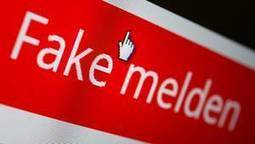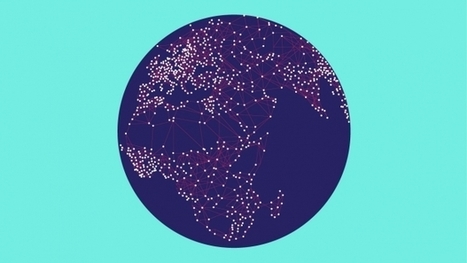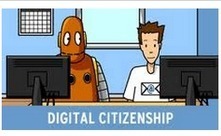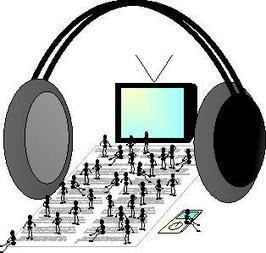CitiZEN-Science: WHAT is it and is it worth to follow?!! [Begin Text Wikipedia]: Citizen science (CS; also known as community science, crowd science, crowd-sourced science, civic science, volunteer monitoring, or online citizen science) is scientific research conducted, in whole or in part, by amateur (or nonprofessional) scientists.[1]
Citizen science is sometimes described as "public participation in scientific research," participatory monitoring, and participatory action research whose outcomes are often advancements in…
Learn more / En savoir plus / Mehr erfahren:
https://www.scoop.it/topic/21st-century-learning-and-teaching/?&tag=Citizen+Science
https://www.scoop.it/topic/21st-century-learning-and-teaching/?&tag=makerspace
https://www.scoop.it/topic/21st-century-learning-and-teaching/?&tag=STEM
https://www.scoop.it/topic/21st-century-learning-and-teaching/?&tag=LoRaWAN



 Your new post is loading...
Your new post is loading...





















CitiZEN-Science: WHAT is it and is it worth to follow?!! [Begin Text Wikipedia]: Citizen science (CS; also known as community science, crowd science, crowd-sourced science, civic science, volunteer monitoring, or online citizen science) is scientific research conducted, in whole or in part, by amateur (or nonprofessional) scientists.[1]
Citizen science is sometimes described as "public participation in scientific research," participatory monitoring, and participatory action research whose outcomes are often advancements in…
Learn more / En savoir plus / Mehr erfahren:
https://www.scoop.it/topic/21st-century-learning-and-teaching/?&tag=Citizen+Science
https://www.scoop.it/topic/21st-century-learning-and-teaching/?&tag=makerspace
https://www.scoop.it/topic/21st-century-learning-and-teaching/?&tag=STEM
https://www.scoop.it/topic/21st-century-learning-and-teaching/?&tag=LoRaWAN